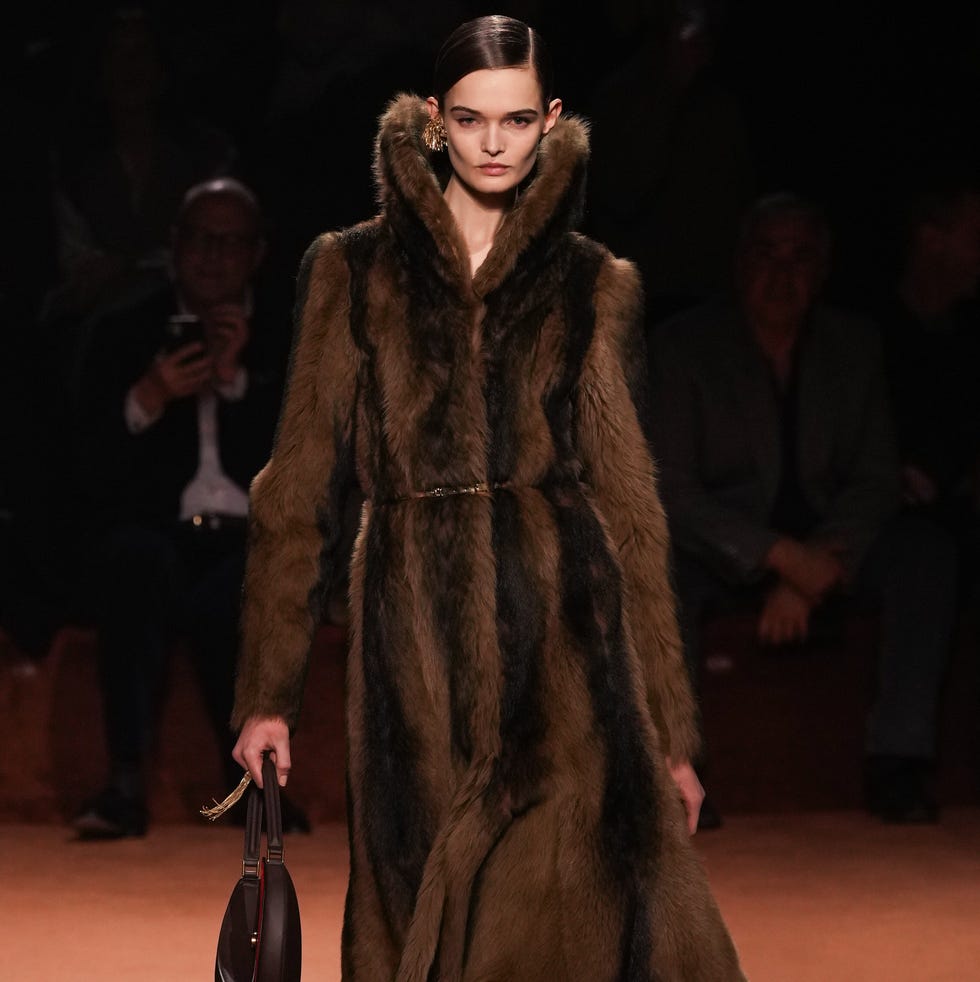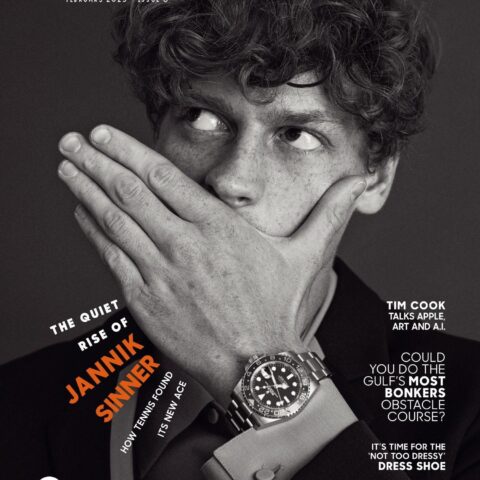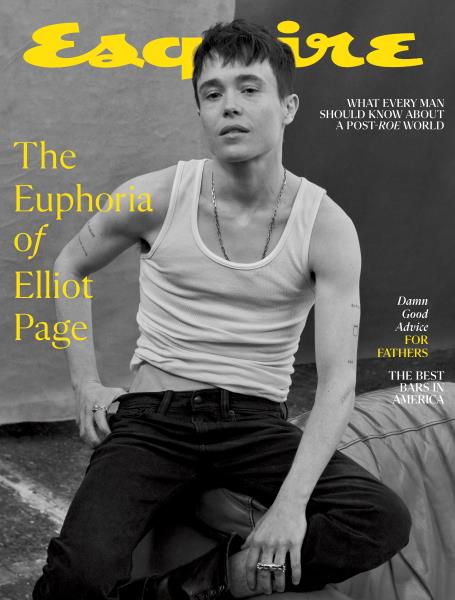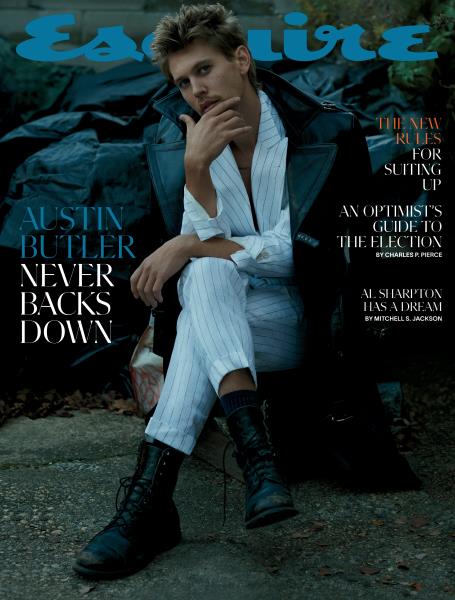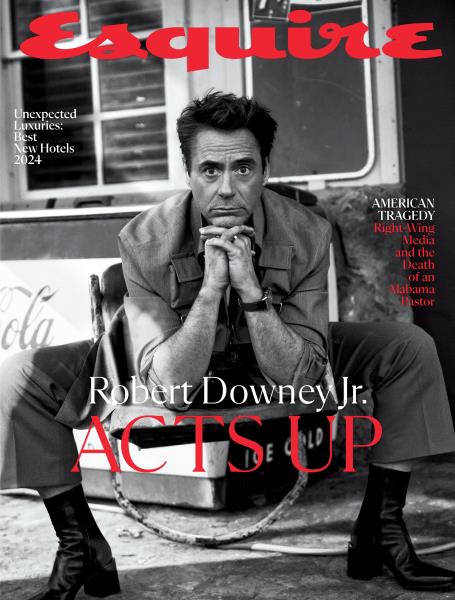This year, Fendi celebrates its 100th anniversary—a milestone that signifies more than just longevity in the world of luxury fashion. While the storied Italian house has always been synonymous with craftsmanship and elegance, it was the early 2000s that cemented Fendi as a cultural force, capturing the imagination of a generation of women who saw fashion as a statement of independence and identity.
The first seismic moment came through Sex and the City, the Y2K-defining series that taught viewers that while boyfriends come and go, personal style is forever. In the famous Escape from New York episode, an entire plot revolved around a fake Fendi Baguette, a counterfeit of the very bag that had become Carrie Bradshaw’s signature. Later, in another unforgettable scene, when a mugger demands her purse at gunpoint, she clutches it desperately, correcting him: “It’s not a bag. It’s a baguette!” This was Fendi as more than just a luxury label—it was an emblem of aspiration, romance, and self-possession.
The second defining moment arrived five months later with The Royal Tenenbaums. Gwyneth Paltrow’s Margot Tenenbaum embodied a different kind of cool—aloof, enigmatic, and effortlessly chic. Her look—smudged black eyeliner, a perfectly placed barrette, and a sweeping fur coat—became instantly iconic. That coat? Si, Fendi. It wasn’t just a piece of outerwear; it was armor, a symbol of restrained opulence and melancholic glamour.
A century into its reign, Fendi has evolved while maintaining the spirit that made it a mainstay for modern dream girls. The brand’s clothes are wiser, reflecting a maturity that acknowledges that style is not just about fantasy but about confidence and longevity. Fendi’s appeal endures not just because of nostalgia, but because it continues to speak to women who understand that fashion, at its best, is both a declaration and a legacy.
